
Advanced Buprenorphine Education: Interactive Patient Cases
-
Register
- Non-Member - Free!
- Regular Member - Free!
- Retired - Free!
- Early Career Physician - Free!
- Resident - Free!
- Student - Free!
- Associate - Free!
- ASAM Staff - Free!
- International Member - Free!
- Emeritus Member - Free!
- Provisional Member - Free!
- Fellow Member - Free!
- Honorary Member - Free!
- CRT Member - Free!
Advanced Buprenorphine Education: Interactive Patient Cases
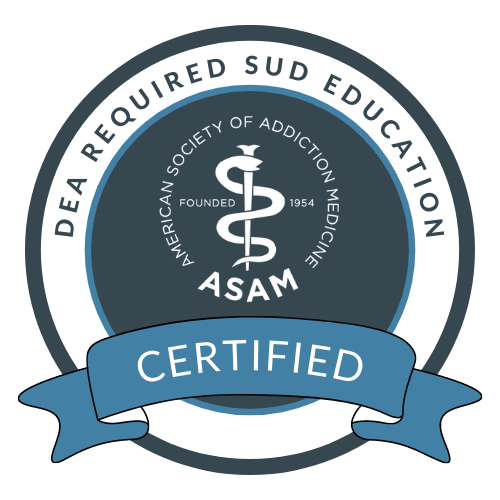
Created January 2024
On-Demand Course
Overview
The set of five patient case scenarios offers learners a chance to apply their knowledge in real clinical situations. These cases present contextual situations that facilitate understanding and application of best practices in utilizing buprenorphine for treating opioid use disorder. By engaging with these scenarios, learners are challenged to develop critical reasoning and clinical judgment in prescribing buprenorphine. Each scenario necessitates learners to navigate through a simulated case, evaluate patient information, identify risk factors, and make informed decisions regarding diagnoses and interventions.
The target audience for this advanced level workshop include: physicians, nurse practitioners/nurses, physician assistants, and pharmacists. Clinicians who see patients with addiction in primary care, emergency/urgent care, treatment center, or general psychiatry settings.
The ACGME competencies include: Patient Care and Procedural Skills, Medical Knowledge, Practice-based Learning and Improvement, and Systems-based Practice.
Learning Objectives:
1. Identify and assess patients who are appropriate for treatment with buprenorphine
2. Apply best practices for initiating and managing patients on buprenorphine
3. Develop and individualized, evidence-based treatment plan for patient cases
Patient cases address:
1. Buprenorphine initiation strategies
2. Buprenorphine stabilization and maintenance strategies
3. Pain management during OUD treatment
DEA Education Requirement
As an accredited organization named in Section 1263 of the Consolidated Appropriations Act of 2023, ASAM certifies that completion of this course meets the DEA requirement for 8 hours of education on substance use disorder(s).
Registration Rates
| ASAM Learner Type | Rate |
| ASAM Member | $0 |
| Non-Member | $0 |
| Associate Member | $0 |
| Resident Member* | $0 |
| Student Member* | $0 |
*Residents, Fellows-in-training, Interns, and Students must join ASAM to receive a discounted registration rate. Click here to become an ASAM member. National and Chapter membership dues apply. There is no charge for Students to become a Member, but verification of student status is required.
Membership Question? Call ASAM at 1.301.656.3920, email us, or view the ASAM website for more information.
Close Access Date: 1/06/2027
Acknowledgement
This content has been made available in part by an unrestricted educational grant from Indivior. No input or influence from Invidior was included in the development of the educational content. As an ACCME Provider, ASAM follows the ACCME Standards for Integrity and Independence for Accredited Continuing Education stating that owners and employees of ineligible companies are excluded from participating as planners or faculty, and must not be allowed to influence or control any aspect of the planning, delivery, or evaluation of accredited continuing education.
Course Instructions
- Click on the Contents tab to begin this activity. Complete all modules.
- Click Complete Post Test to answer multiple choice questions. Participants will have 10 attempts to pass and must answer 17 out of 24 questions correctly.
- Click Complete Evaluation to provide valuable activity feedback. Scroll down on all questions as there may be answer options that expand past the size of the window.
- Click the button Claim Medical Credits in the box titled Claim Credits & Certificate. Choose the type of credit and click submit. Click the button View/Print Certificate to save or print your certificate. You can view/print your certificate at any time by visiting the ASAM eLearning Center, clicking Dashboard, and clicking Transcript/Achievements.
Need Assistance?
For assistance logging in, accessing activities, claiming credit, or for other questions or concerns, please check the FAQ page or e-mail Education@ASAM.org
ASAM is proud to offer eSSENTIAL Accessibility to ensure our website is accessible and functional for all our learners while providing free assistive technology for people with the widest possible range of abilities.
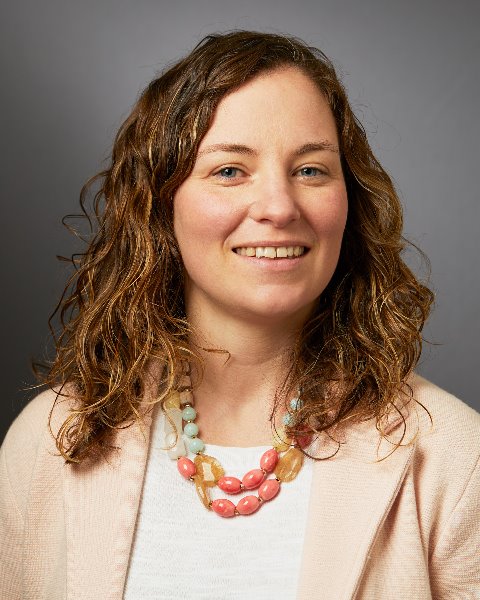
Melissa B. Weimer
DO, MCR, FASAM
Melissa Weimer is board-certified in Internal Medicine and Addiction Medicine. She is an Associate Professor of Medicine and Public Health and Associate Program Director of the Addiction Medicine Fellowship at Yale University. She is an expert in hospital-based care for patients with substance use disorders and has worked with colleagues to develop successful hospital-based Addiction Medicine Consult Services at both Oregon Health & Science University and Yale University/Yale New Haven Hospital. Dr. Weimer is also a national leader in Addiction Medicine education and has developed curricula for substance use disorder evaluation and treatment and safe and effective pain treatment. Dr. Weimer serves on the national board of ASAM and is the Chair of the ASAM Clinical Practice Guidelines Methodology and Oversight Committee.
No relevant financial disclosures.
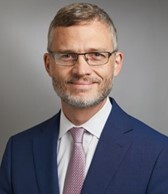
Stephen Holt
MD, MS, FACP, FASAM
Dr. Holt has been an attending physician at Yale-New Haven Hospital since 2008 and is an Associate Professor of Medicine at Yale School of Medicine. He is the Director of the Yale Addiction Recovery Clinic and the Associate Program Director for Yale's Primary Care Internal Medicine Residency Program. He is board-certified in Addiction Medicine and Internal Medicine. He has published and lectures frequently on a variety of addiction medicine topics, and has won numerous teaching awards at the local, regional, and national level.
No relevant financial disclosures.
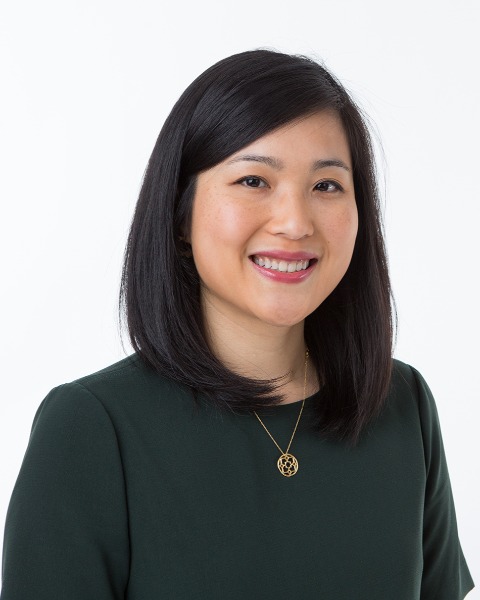
Tiffany Lu, MD, MS, FASAM
Associate Professor of Medicine
Montefiore Medical Center / Albert Einstein College of Medicine
Tiffany Lu, MD, MS is an Associate Professor of Medicine at Montefiore Health Systems and Albert Einstein College of Medicine in Bronx, New York. She is the Medical Director of Montefiore's Buprenorphine Treatment Network, where she leads an interdisciplinary team of primary care clinicians and treatment coordinators to deliver opioid use disorder treatment and overdose prevention services across 7 community health centers. Dr. Lu is also the principal investigator of a SAMHSA grant award to expand addiction medicine education at Montefiore-Einstein, which includes a new, structured clinical rotation in addiction medicine for medical residents. Additionally, she founded Montefiore's Addiction Medicine "Bridge" Clinic to provide interdisciplinary care for patients who are new to medications for addiction treatment. Dr Lu's research focus is on innovations and outcomes in primary care-based addiction treatment, particularly in low-income and racial minority communities disproportionally affected by overdose deaths.
Prior to joining Montefiore-Einstein, Dr. Lu graduated from University of California in San Francisco (UCSF) School of Medicine and completed her residency training in the Primary Care Internal Medicine Residency Program at Massachusetts General Hospital. She holds a Masters of Science in Clinical Research Methods from Albert Einstein College of Medicine. She is board certified in Internal Medicine and Addiction Medicine.
Accreditation & Credit Designation Statements
Joint Accreditation Statement
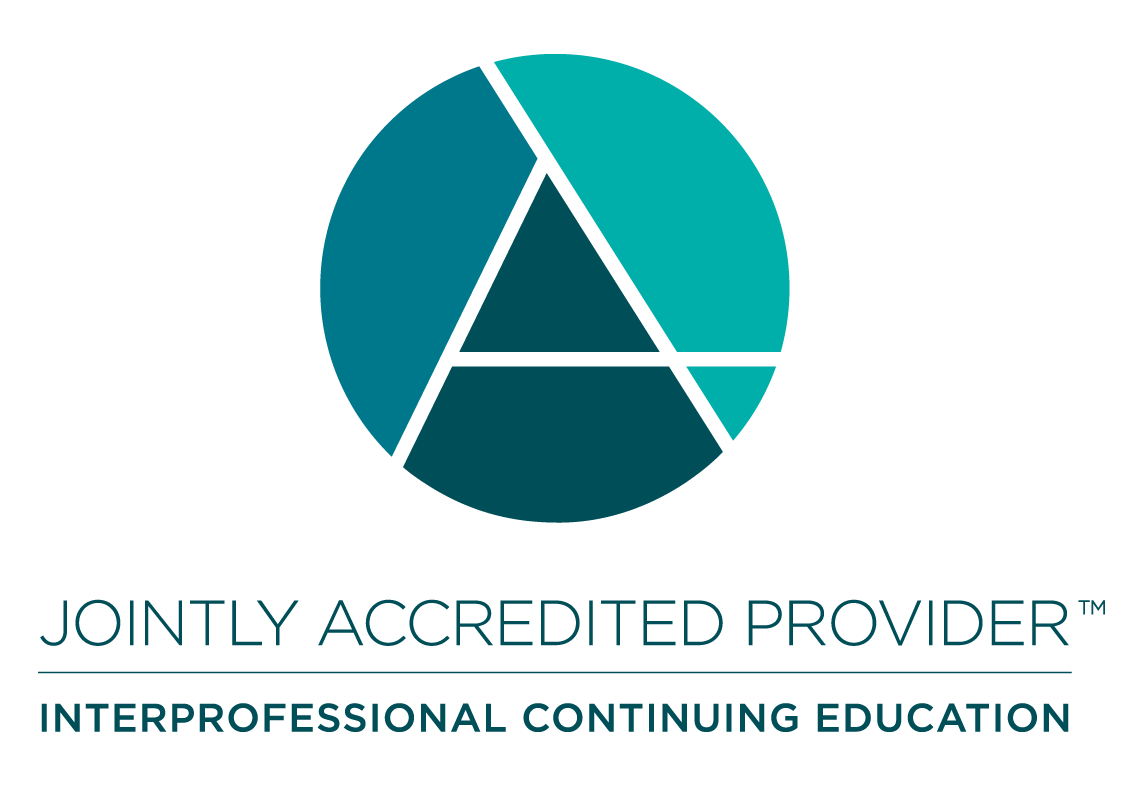
In support of improving patient care, the American Society of Addiction Medicine is jointly accredited by the Accreditation Council for Continuing Medical Education (ACCME), the Accreditation Council for Pharmacy Education (ACPE), and the American Nurses Credentialing Center (ANCC), to provide continuing education for the healthcare team.
Physicians
The American Society of Addiction Medicine designates this enduring material for a maximum of 2.5 AMA PRA Category 1 Credits™. Physicians should claim only the credit commensurate with the extent of their participation in the activity.
Nurses
This activity awards 2.5 Nursing contact hours.
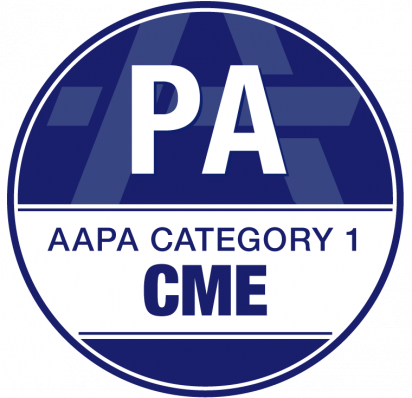
PAs
ASAM has been authorized by the American Academy of PAs (AAPA) to award AAPA Category 1 CME credit for activities planned in accordance with AAPA CME Criteria. This activity is designated for 2.5 AAPA Category 1 CME credits. Approval is valid until 01/05/2027. PAs should only claim credit commensurate with the extent of their participation.
Social Workers
As a Jointly Accredited Organization, ASAM is approved to offer social work continuing education by the Association of Social Work Boards (ASWB) Approved Continuing Education (ACE) program. Organizations, not individual courses, are approved under this program. Regulatory boards are the final authority on courses accepted for continuing education credit. Social workers completing this course receive 4 general continuing education credits.
IPCE Credit
This activity was planned by and for the healthcare team, and learners will receive 2.5 Interprofessional Continuing Education (IPCE) credits for learning and change.
National Board for Certified Counselors ACEP
The American Society of Addiction Medicine has been approved by NBCC as an Approved Continuing Education Provider, ACEP No. 7062. Programs that do not qualify for NBCC credit are clearly identified. The American Society of Addiction Medicine is solely responsible for all aspects of the programs.
California Association for Drug/Alcohol Educators (CAADE)
This educational program is approved by CAADE: #CP40 999 1225.
California Association of DUI Treatment Centers (CADTP)
This educational program is approved by CADTP: #205.
California Consortium of Addiction Programs and Professionals (CCAPP)
This educational program is approved by CCAPP: #OS-20-330-1224.
Continuing Education Credits (CEUs)
Upon completion of the activity and online evaluation, all other participants may request a certificate of participation. Participants may submit this certificate of participation to their professional organization/institute as documentation for completing this accredited continuing activity.
Maintenance of Certification (MOC) or Continuing Certification Programs (CCP)
This activity meets the requirements for MOC/CCP for the following primary physician boards and for state licensing CME requirements. MOC Credit is only reported for ABA, ABP, ABIM, and ABS. By completing the online credit application and evaluation, the learner permits ASAM to report credits to the appropriate Board.
- American Board of Medical Specialties (ABMS)
- American Board of Preventive Medicine (ABPM)
- American Board of Internal Medicine (ABIM)
- American Board of Pediatrics (ABP)
- American Board of Surgery (ABS)
- American Board of Psychiatry and Neurology (ABPN)
- American Board of Addiction Medicine (ABAM)
- Royal College of Physicians and Surgeons of Canada (RCPSC)
- Through an agreement between the Accreditation Council for Continuing Medical Education and the Royal College of Physicians and Surgeons in Canada, medical practitioners participating in the Royal College MOC Program may record completion of accredited activities registered under the ACCME’s “CME in Support of MOC” program in Section 3 of the Royal College’s MOC Program.
Disclosure Information
In accordance with disclosure policies of ASAM and Joint Accreditation, the effort is made to ensure balance, independence, objectivity, and scientific rigor in all CME/CE activities. These policies include mitigating all relevant financial relationships with ineligible companies for the Planning Committees and Presenters. All activity Planning Committee members and Presenters have disclosed all financial relationship information. The ASAM CE Committee has reviewed these disclosures and determined that the relationships are not inappropriate in the context of their respective presentations and are not inconsistent with the educational goals and integrity of the activity.

